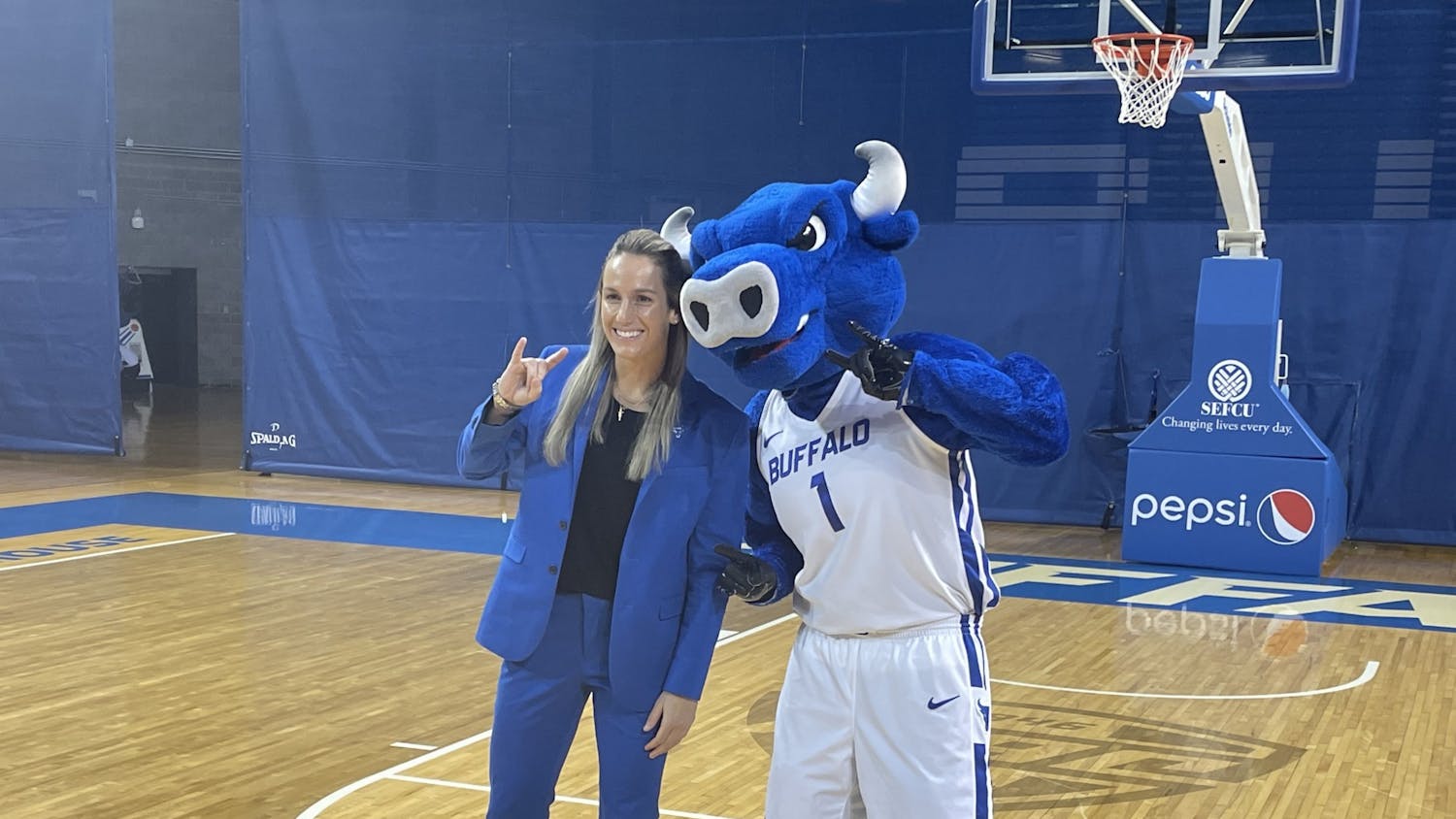Note: This column contains sensitive content about sexual assault and domestic violence which may be triggering.
No industry boasts problematic faves like the music scene –– with some of the most problematic holding titles as icons.
But you still love them, you belt their lyrics and mimic their dance moves.
When they come on, you probably don’t even consider changing them.
Because they make bops, bangers, even classics.
You know their names, you know their songs.
And you know their charges.
One count of felony assault, 90 days in anger management, three dropped assault charges, four arrests.
Ten counts of sexual abuse and previous trials on 14 counts of child pornography.
Two cases of alleged assault and a two-part, four-hour HBO documentary illuminating the victims’ testimonies.
I don’t even have to say their names — you probably already know who’s who.
We’re drawn to the allure of the bad boys and boss b-----s running the music scene, but what do we do when artists cross the line?
The music industry has been rife with assault for nearly as long as it has existed. Rockstars were known for having child wives and artists have routinely gotten away with physical, verbal and sexual assault without losing their icon status. Abusers run rampant, not confined by any one crime, race, gender or genre, often skirting public scrutiny solely due to their influence.
While some feel it appropriate to engage in these abusers’ media –– seeing Chris Brown at his Buffalo show, secretly jamming to the “Ignition (Remix)” in the car, moonwalking in the club –– I don’t.
(Listening to “Kiss Kiss” is almost as bad as boasting about O.J. Simpson retweeting you, but what can I say, it takes an abuser to know one.)
I don’t believe that you can separate the art from the artist. A person’s experiences –– the good, the bad and the ugly –– play a key role in the lyrics they write.
So how am I supposed to separate Chris Brown saying, “I’ve gotta give it to her rough but I better not get violent,” from his very real instances of domestic abuse?
This is why I don’t listen to Chris Brown, R. Kelly, Michael Jackson, Melanie Martinez, BØRNS, XXXTentacion, Steven Tyler or Katy Perry, to name just a few of the accused, convicted and confessed musical perpetrators.
Listening to abusers’ music completely undermines the disgusting things they have done and encourages victim blaming to ease listeners’ own cognitive dissonance –– if Rihanna never came forward, I wouldn’t have to feel bad about liking Chris Brown (who has had three women file restraining orders against him).
And I know there are Chris Brown fans who will fight me to death, begging me to hear him out or put his past aside and enjoy his music.
But domestic abuse isn’t something I can just put aside.
Punching Karrueche in the stomach and pushing her down a flight of stairs isn’t something to put aside.
Neither is punching a fan who wanted a photo.
Or what he did to Rihanna.
And let’s make this clear: Chris Brown beat the s--t out of Rihanna, he even said it himself. The police report quotes him saying, “I’m going to beat the s--t out of you when we get home,” and later, “Now I’m really going to kill you.”
While driving, he opened her door and tried to push her out, shoved her head into the window, punched her repeatedly in the face, bit her and put her in a headlock twice. He threw her phone out the window and caused her “mouth to fill with blood and blood to splatter all over her clothing and the interior of the vehicle.”
So you can believe what you want about Chris Brown and the countless amount of abusive musicians who continue to make music after walking away from abuse cases scot free in the court of public opinion.
But I, personally, won’t be listening to Ameer Vann’s new album, or any music from abusers –– including the accused –– past, present or future.
And I hope the judges and juries handling abuse cases yet to come care more about victims’ safety than how well their abusers can dance.
Jacklyn Walters is the managing editor and can be reached at jacklyn.walters@ubspectrum.com and @JacklynAWalters

Jacklyn Walters is a senior communication major and The Spectrum's managing editor. She enjoys bringing up politics at the dinner table and seeing dogs on campus.





